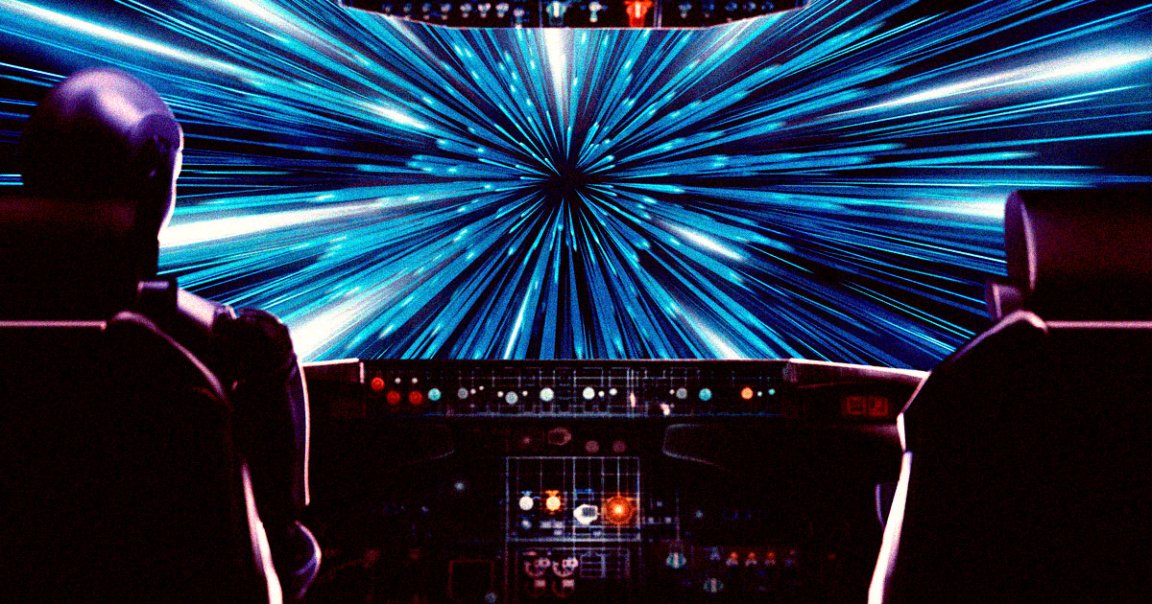
AI Kirk
Despite being stumped by simple children’s games and uncontrollably hallucinating, AI models could perform surprisingly well when put in charge of navigating space inside a simulated spacecraft, researchers have found.
As Live Science reports, a team of scientists from MIT and the Universidad Politécnica de Madrid, Spain, instructed OpenAI’s blockbuster AI chatbot ChatGPT to “operate as an autonomous agent controlling a pursuit spacecraft.”
To their amazement, as detailed in a paper slated to be published in the Journal of Advances in Space Research, they found that the large language model exceeded expectations, scoring second place in a space simulation competition based on the popular video game Kerbal Space Program that pitted several AI agents against each other.
To Infinity and Beyond
To test how autonomous agents could be used to maneuver satellites and other space-based assets, researchers created a software design challenge called the Kerbal Space Program Differential Game Challenge. Participants are encouraged to employ a number of different approaches, such as reinforcement learning.
As part of the program, scientists pitted various autonomous systems against each other in several different scenarios.
In the latest research, the team developed a way to translate instructions and queries about how to orient and maneuver a spacecraft into text and fed it to several commercially available LLMs. With only a small number of prompts, they found that ChatGPT, in particular, performed surprisingly well, coming in second place in the Game Challenge. First place, in an important caveat, went to a system based on equations that model spaceflight.
Best of all, the research was conducted before OpenAI released its GPT-4 model in March 2023, suggesting the latest iterations might perform even better.
But there are still plenty of reasons why we should think twice before handing over the controls to the tech. For one, the current crop of AI models still suffers from rampant hallucinations, which could make for an awkward — and particularly terrifying — twist in a deep space mission.
More on AI: Tech Workers Say They’re Rapidly Being Replaced by AI